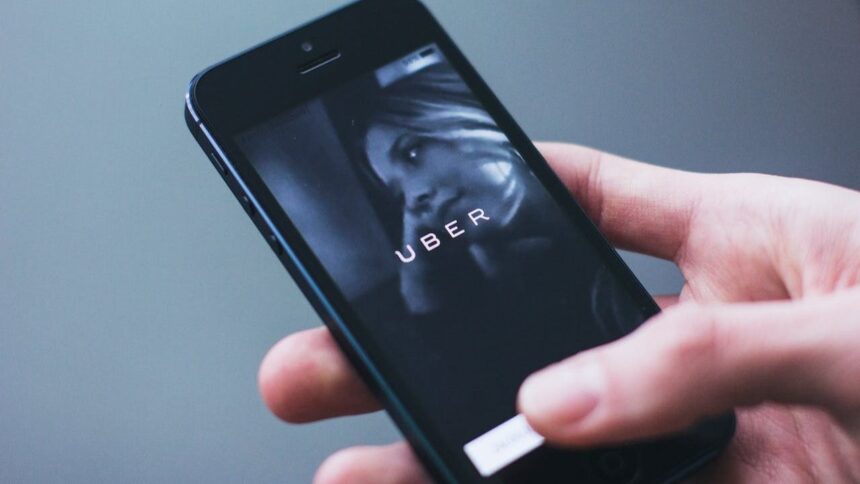In a recent development, Uber has been fined a hefty amount of 10 million euros ($11 million) by the Dutch data protection authority (DPA) for breaching privacy regulations related to its drivers’ personal data. The DPA made the decision after discovering that Uber failed to specify the duration for which it retained drivers’ personal data in its terms and conditions, and it did not outline the security measures when transmitting data to unspecified entities outside the European Economic Area (EEA).
The company was also accused of making it difficult for drivers to exercise their privacy rights by creating unnecessary obstacles in the personal data access request process. The drivers’ app was designed in a way that buried the relevant form in various menus, and the lack of clarity in storing information in a file further added to the difficulties in interpreting the results.
Aleid Wolfsen, the DPA’s chairman, commented on the issue, stating, “This shows that Uber put all sorts of obstacles in place that blocked drivers from exercising their right to privacy.” The substantial fine came as a result of complaints from over 170 French drivers who approached a French human rights organization. This led to a complaint being lodged with the French data protection authority, and due to Uber’s European headquarters being based in the Netherlands, the case was subsequently transferred to the Dutch DPA.
The decision by the Dutch data protection authority serves as a stern warning to companies that handle personal data. It highlights the importance of stringent data protection measures and clear communication of privacy policies to users. Uber’s fine serves as a reminder to all companies to prioritize the protection of personal data and to ensure that their users can easily exercise their privacy rights.
This incident has sparked discussions around the world about the responsibility of companies in safeguarding personal data and the need for transparent and easily accessible privacy policies. The fine imposed on Uber has brought attention to the significance of data protection regulations and the consequences of non-compliance. Companies now face increased scrutiny and pressure to ensure that they are upholding the highest standards of data privacy and security.
As the issue continues to unfold, it is expected that companies will reevaluate their privacy policies and data protection measures to avoid facing similar penalties. The case of Uber serves as a cautionary tale for companies that handle personal data, highlighting the potential repercussions of neglecting privacy regulations.
In conclusion, the fine imposed on Uber by the Dutch data protection authority serves as a wake-up call for companies to prioritize the protection of personal data and to ensure that their privacy policies are clear and easily accessible to users. It sets a precedent for strict enforcement of data protection regulations and emphasizes the need for companies to uphold the highest standards of data privacy and security. This incident has sparked important discussions around the world about the responsibility of companies in safeguarding personal data, and it is expected to have a lasting impact on data protection practices.


